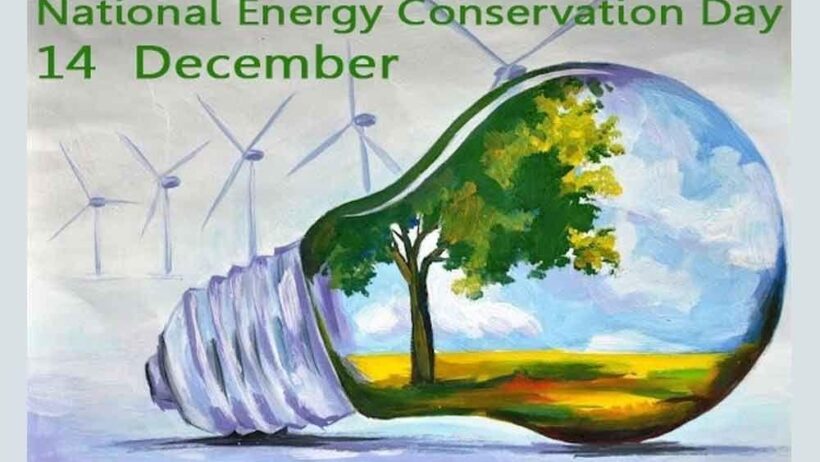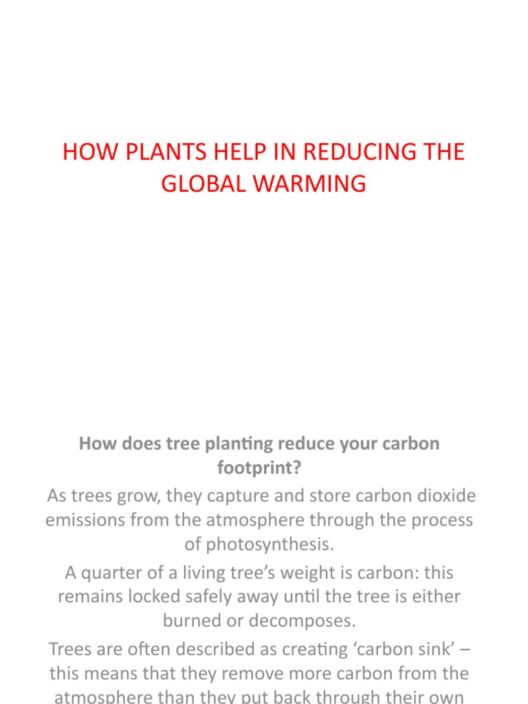National Energy Conservation Day, observed annually on December 14, serves as a poignant reminder of the intricate relationship between our consumption patterns and the environment. As the sun rises on this day, illuminating our world with its warm embrace, it also casts a shadow upon the alarming levels of energy wastage that we often overlook. Just as the sun is a wellspring of energy, our collective responsibility to harness and conserve this resource is paramount for the sustainability of our planet.
The essence of National Energy Conservation Day lies in its objective—to promote awareness and understanding of the critical importance of energy efficiency and its impact on our ecological footprint. The day acts as a linchpin, connecting individuals, communities, and industries in a concerted effort to rethink the paradigms of energy consumption. The observance not only advocates for the judicious use of energy but also instills a sense of accountability among all stakeholders, from policymakers to everyday citizens.
Historical Context
This day is not merely a contemporary initiative; it is rooted in a historical context that underscores its relevance. The genesis of National Energy Conservation Day can be traced back to the growing concerns regarding energy resources and environmental degradation during the latter half of the 20th century. As nations grappled with energy crises, the call for sustainable practices became deafening. The establishment of this day became a clarion call, thereby committing efforts towards conserving energy and mitigating climate change.
Over the years, various governments and organizations have embraced this day as an opportunity to launch campaigns, seminars, and workshops aimed at educating the public on practical energy-saving measures. Much like a seed that flourishes into a robust tree, these initiatives are designed to cultivate a culture of conservation and responsibility.
Why It Matters
Understanding why National Energy Conservation Day matters is akin to peeling an onion; each layer reveals critical insights about our global crisis concerning energy resources. Energy is the lifeblood of modern civilization, fueling our industries, homes, and transportation systems. However, this voracious consumption has led to a perilous imbalance in our ecosystem.
At the root of this imbalance lies the stark reality that conventional energy sources, such as fossil fuels, are finite and increasingly deleterious to our environment. The combustion of these fuels releases greenhouse gases, contributing to climate change and adverse weather conditions. Thus, National Energy Conservation Day serves as a crucial reminder that our energy choices hold tremendous sway over our planet’s future.
Furthermore, the economic implications of energy conservation cannot be overlooked. Reducing energy consumption not only results in lower utility bills but also decreases the strain on national power grids. Just as a well-aerated garden flourishes, a nation that invests in energy efficiency and sustainable practices thrives economically. Businesses can enhance their profit margins by minimizing waste and optimizing resource utilization, which fosters a robust economy grounded in sustainability.
Strategies for Energy Conservation
Celebrating National Energy Conservation Day also necessitates actionable strategies aimed at fostering energy efficiency. Individuals can adopt a plethora of measures that, when aggregated, yield significant benefits. For instance, the simple act of switching to energy-efficient appliances can dramatically curtail overall consumption. Compact fluorescent lamps (CFLs) and light-emitting diodes (LEDs) offer compelling alternatives to traditional incandescent bulbs, utilizing a fraction of the energy while producing a comparable brightness.
Moreover, embracing public transportation systems or opting for shared mobility services can serve dual purposes: reducing traffic congestion and promoting sustainable energy practices. In this regard, a paradigm shift towards electric and hybrid vehicles represents a forward-thinking approach to curtailing reliance on fossil fuels.
On a communal level, schools and workplaces can organize energy audits to identify areas of improvement in energy usage. This collective reevaluation serves as a catalyst for fostering a culture of conservation that transcends individual efforts. Much like a choir harmonizes to produce a symphony, communities can work in unison to amplify the message of energy efficiency.
Global Perspective
National Energy Conservation Day is not confined to a single nation; its implications resonate on a global scale. International collaborations to promote energy conservation have emerged as pivotal to addressing climate change. For instance, initiatives such as the Paris Agreement embody the global consensus on the necessity for nations to collectively reduce their carbon footprint.
The concept of energy conservation has morphed into a global minuet, where all nations must dance to the rhythm of sustainability. From technologically advanced nations spearheading innovations in renewable energy to developing countries exploring cost-effective energy solutions, collaboration is fundamental in the quest for a sustainable future.
The Path Forward
As we observe National Energy Conservation Day, it is essential to reflect on our roles as stewards of the earth. Just as each drop of rain contributes to a stream, every small change in energy usage can culminate in a significant impact on global conservation efforts. The beauty of this day is not only in its celebration but also in its potential to ignite a transformation in how we perceive and consume energy.
Moving forward, let us wield this day as a potent tool for advocacy, education, and innovation. By fostering awareness, adopting sustainable practices, and committing to collective action, we can safeguard our planet for future generations. National Energy Conservation Day is not merely a date on the calendar; it is a call to action—a reminder that we hold the power to alter the course of our environmental destiny.








